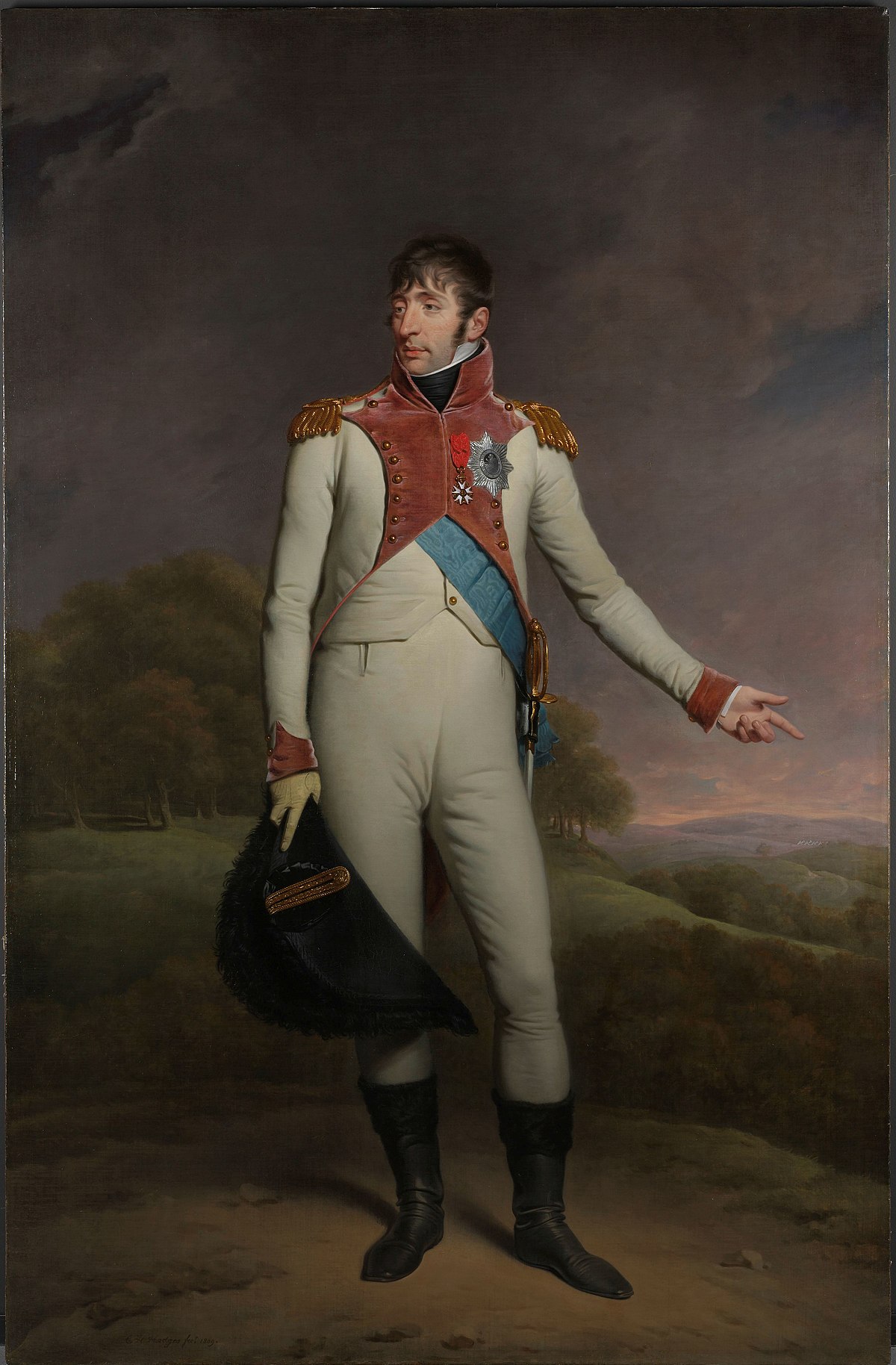I mean, if the French stick around longer because they're less worried about the US, or if Juarez just has a little less support, it's conceivable that Max can survive long enough that he can cobble together a coalition. It's unlikely, but possible. Neither the Liberals or the Conservatives were monoliths after all, and Porfirio Diaz managed to unite the two sides twenty years later with the Porfiriato. If Max can pull enough of the right-wing of the liberals and the left-wing of the conservatives, muster some support from the people, including indigeneous populations...
I don't know. But it's about as likely as some of the absurd luck the south had both OTL and TTL.
Ngl to you, I'm not particularly a fan of monarchies, but the possibility of the Second Empire winning is not necessarily bad. Still, I have to make the clarification that, yes, Díaz managed to basically enforce
order and progress in the country, but at what cost? If, hypothetically, Maximilian manages to slowly win, he will be forced to commit some punishments and atrocities to enforce law and order in the country. The question of the indigenous peoples depends on if their lands and way of life are preserved or not, but I remember that several decrees were published in Nahuatl, not as a recognition of the language as co-official with Spanish but as a means of political strategy.
An academic paper related to what I'm talking says that:
The first of them, Francisco Pimentel, was one of the Mexican intellectuals of the second half of the 19th century who most highlighted the differences between indigenous and criollos as a problem for the unity of the Mexican nation. In particular, he mentioned the plurality of languages among the indigenous peoples as a factor of fragility for the country. He expressed this to Emperor Maximilian in his book Memoria sobre las causas que han originado la situación actual de la raza indígena en México y medios para remediarla (Report on the causes that have originated the present situation of the indigenous race in Mexico and the means to remedy it.) published in 1864 in which he states: "Otra prueba de la tenacidad de los indígenas es su apego a su lengua, no por necesidad, y entre ellos ya no hablan español, sino por necesidad, la lengua indígena, que es la de México, que tiene más de cien lenguas" (Another proof of the tenacity of the indigenous people is their attachment to their language, not out of necessity, and among them they no longer speak Spanish, but out of necessity, the indigenous language, which is the language of Mexico, which has more than one hundred languages".) (Pimentel, 1864, p.208). Therefore, Pimentel was in favor of the eradication of indigenous languages. His position was to form a homogeneous society.
Depending on how you see it, the Second Empire could have either benefited or damaged the indigenous cultures of Mexico. The full document is
here btw (it's in Spanish).


